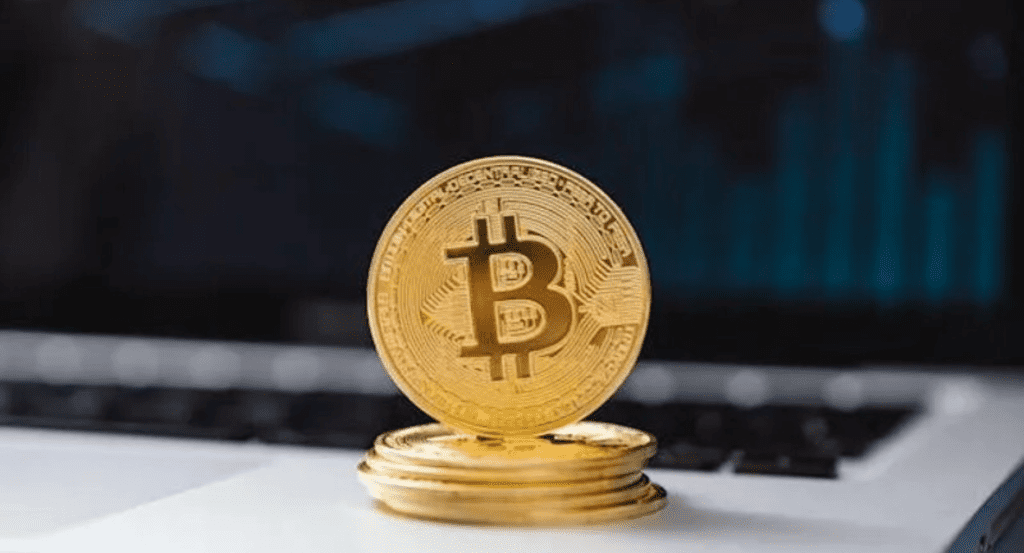Nigeria is cautiously advancing efforts to regulate Africa’s largest cryptocurrency market, aiming to provide legal certainty in a sector plagued by fraud and market volatility. Despite its popularity, with Nigeria ranking second globally in crypto adoption after India in 2023 and 2024 (according to Chainalysis), government officials have long approached digital assets with skepticism.
In recent years, however, a more structured regulatory environment has begun to emerge. The Securities and Exchange Commission (SEC) has taken steps to introduce oversight, granting “Approval-in-Principle” to Busha Digital Limited and Quidax Technologies, making them the first licensed crypto exchanges in Nigeria.
Nigeria’s Crypto Regulation: Fraud, Skepticism, and Market Concerns
Despite these efforts, challenges persist. Fraudulent schemes and investment scams remain widespread, fueling concerns among authorities. In December 2023, the Economic and Financial Crimes Commission (EFCC) arrested 792 suspects, including foreign nationals, for alleged involvement in cryptocurrency-related fraud and romance scams.
Additionally, the SEC has repeatedly issued warnings against fraudulent crypto firms, such as Marino FX Limited, which falsely claimed to be SEC-registered. These scams have fueled public mistrust, making the government’s regulatory push even more complicated.
SEE ALSO: KPMG Urges Nigerian Banks to Embrace Blockchain and Crypto Collaboration
Nigeria’s Crypto Regulation: Government Policies and the Future of DigitalAfrAAfrica ssets
Beyond licensing exchanges, Nigeria’s parliament is reviewing an investment and securities bill that could establish a clear framework for digital currencies. President Bola Tinubu had promised a favorable crypto regulatory environment during his 2023 campaign, a stark contrast to his predecessor’s restrictive stance.
However, in February 2024, the government imposed stricter regulations to curb the naira’s depreciation. This led to Binance halting naira-based operations, with authorities accusing the global exchange of tax violations and improper registration. Nigeria’s Inland Revenue Service has since filed an $81.5 billion lawsuit against Binance.
Despite these regulatory battles, crypto industry leaders remain optimistic. “We have truly seen a turnaround in the government’s approach to innovation in the sector,” said Laolu Biyi Samuel, co-founder of Busha Digital.
With major economies like the US launching strategic Bitcoin reserves, experts argue that Africa’s largest cryptocurrency market could benefit from a national Bitcoin strategy to capitalize on potential financial gains while ensuring robust security measures.




















